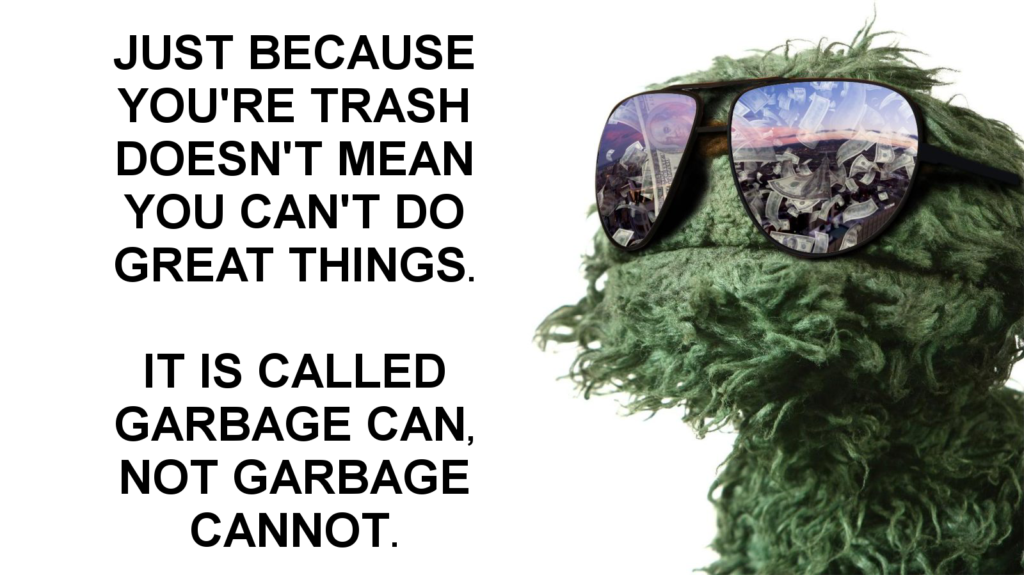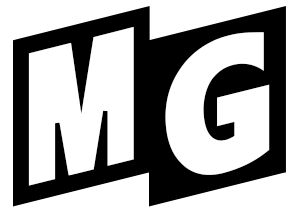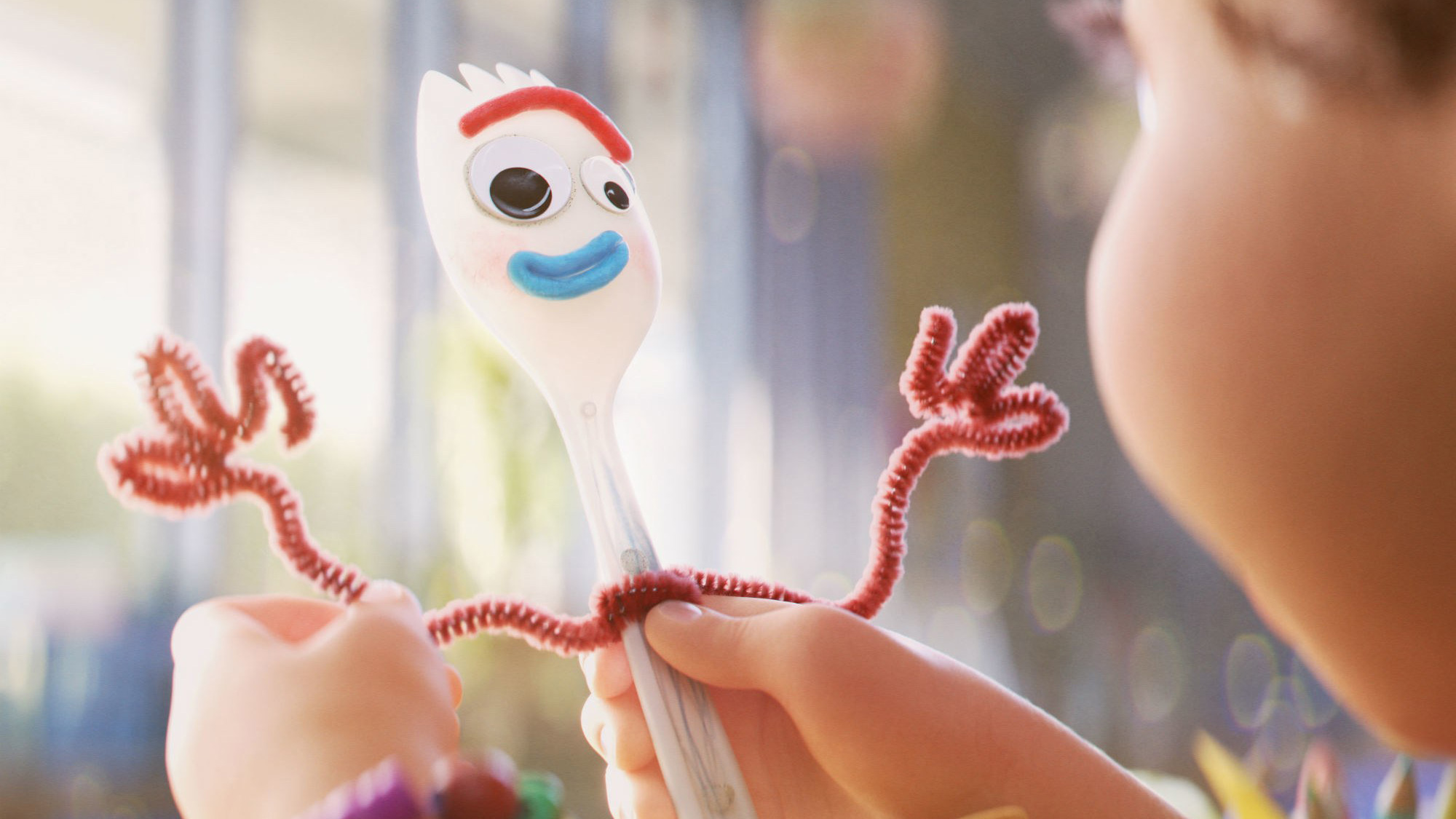I don’t think I have ever in my life so radically, instantaneously related to another person as I did in the moment Forky awakens in “Toy Story 4.”
Detailed spoilers follow.
Forky comes to life and instantly asks in horror, “Why am I alive?” Minutes later, when Woody introduces Forky to the rest of Bonnie’s toys, Forky repeatedly blurts one word: “Trash?” Then, more insistently: “Trash!” as he attempts to dive into the closest trash can.
Obviously, I immediately thought, “IT’S ME.” Yes, in shocked all-capitals.
Forky’s desperate, quite literal identification with “trash” echoes so much of current depression slang that I suspect it was intentional. A popular meme proclaims “It’s called garbage can, not garbage cannot” as motivation for all of us who, like Forky, are eager to dive into the trash.

Forky must be the first character in a children’s movie who gets a gently comic montage dedicated to a series of thwarted suicide attempts. He takes absolutely every opportunity over the course of several days to attempt to jump into trash cans, only for Woody to stop him. The accompanying music is Randy Newman singing a new song, “I Can’t Let You Throw Yourself Away.”
(As an aside: While writing this, I have had a quite serious mental debate about what pronouns to use for Forky. In a truly magical turn of events, the trans community has claimed Forky as one of their own, and to me, Forky seems by nature non-binary. However, toys in the Toy Story universe seem to tend to assume whatever identity their owners invent for them. Since – I believe I recall – Bonnie uses he/him pronouns for Forky, and Forky didn’t express a different preference during the movie, I’ll stick with those. But I would love a reason to come back and edit this post later.)
And let’s be clear: These are suicide attempts. Thanks to “Toy Story 3,” we know exactly what happens to trash in the Toy Story universe. Forky isn’t headed for a landfill, folks. He wants to go into the light.
I’ve already written here about my own chronic suicidal ideation. I’m not nearly as single-minded or proactive as Forky is in his first few days of life, but I get what it’s like to see every possible exit from existence as an opportunity. I know a lot about poisons and gun laws in the same way Forky knows exactly how many hops are between his current position and the closest garbage can. I don’t actively collect this information, but a part of my brain automatically logs any stray mention of carbon monoxide or cyanide, the way you might scan for the emergency exits in a crowded space. Just in case I need that later. When Forky’s crude, slightly grotesque face lights up as he spots a new garbage can, I know exactly what that plastic spork is thinking.
So when Forky has a breakthrough about his existential despair, it feels very personal. Forky tells Woody that being in the trash makes him feel “warm” and “safe.” Of course: a sense of safety and warmth is the holy grail of any depressed person. And Forky was created from trash, so he just wants to do what he feels is his original purpose. He was made in a factory to be discarded and die.
Of course, the problem is that Forky wasn’t just made in a factory. He achieved sentience when Bonnie put him together and branded him as her toy. (I am really trying to avoid any kind of religious allegory, although I will note that it is right there.) Woody explains to Forky that he, Forky, makes Bonnie feel the way that trash makes Forky feel: warm and safe.
This is a turning point for Forky. No more hurling himself into trash receptacles – he wants to be there for Bonnie. He wants to give Bonnie the joy and sense of security he can’t seem to find for himself. It’s not that Forky no longer believes he is trash, or that he doesn’t want to jump in trash cans anymore. He just wants something else more. He doesn’t believe he’s a toy – but Bonnie does, and she treats him as a toy, so he’s willing to try it out.
At this point, Forky reminds me of the video game “Octodad.” In Octodad, you play as an octopus who wears a suit and has a normal job and a normal human family. No one else realizes you’re an octopus and not a human, and the challenge of the game is to perform normal human tasks with your ungainly tentacles and prevent anyone from realizing you’re an octopus. The game is widely considered an analogy for invisible illnesses, including depression. Regardless of the struggle within you, everyone in your life thinks you’re the same species as them, and you’re supposed to keep up the ruse by fumbling your way through the same daily tasks as everyone else. I think Forky is the same: gearing up for a life – whatever that is – of pretending to be like all the other toys, while deep down inside, his trash roots call to him.
The final note of Forky’s emotional arc comes in a mid-credits scene, when Bonnie brings home a new creation, made from a plastic knife. Like Forky, she greets the world with the terrified query, “Trash?” Forky’s face lights up with identification, the same way it used to light up when he spotted a nearby garbage can.
All of us with mental illness know this strangely joyful moment, when we meet someone else with mental illness. I have a longstanding theory that those of us with mental illness tend to find each other, like two lightly charged magnets. A strange alchemy happens in these moments. You’re like me, we think. You’re just like me – except you definitely have value.
Even when we identify with someone so deeply, we’re able to see in them the inherent value we can struggle to recognize in ourselves. Bonnie knows that she made Forky from trash, and yet she sees him as her most cherished toy. Just so, Forky greets the new arrival. “I’m a toy,” he tells her. Then he corrects himself: “We’re toys.”
Who or what is your Bonnie – the person or thing in your life that insists you are more than trash? All of us have people — maybe even other “trash” — who tell us that no matter how we feel inside, we belong here, in this world, doing something. What is it?
Each of us can find a new purpose, even if it’s not the one we think we were built for. How we feel on the inside doesn’t define us. If we cultivate love, we find that it brings with it responsibilities – to show up, to persevere, to do more than accept the lure of the trash. And when we accept those responsibilities, life’s worst challenges – and greatest rewards – await.
Featured photo copyright Disney•Pixar.

